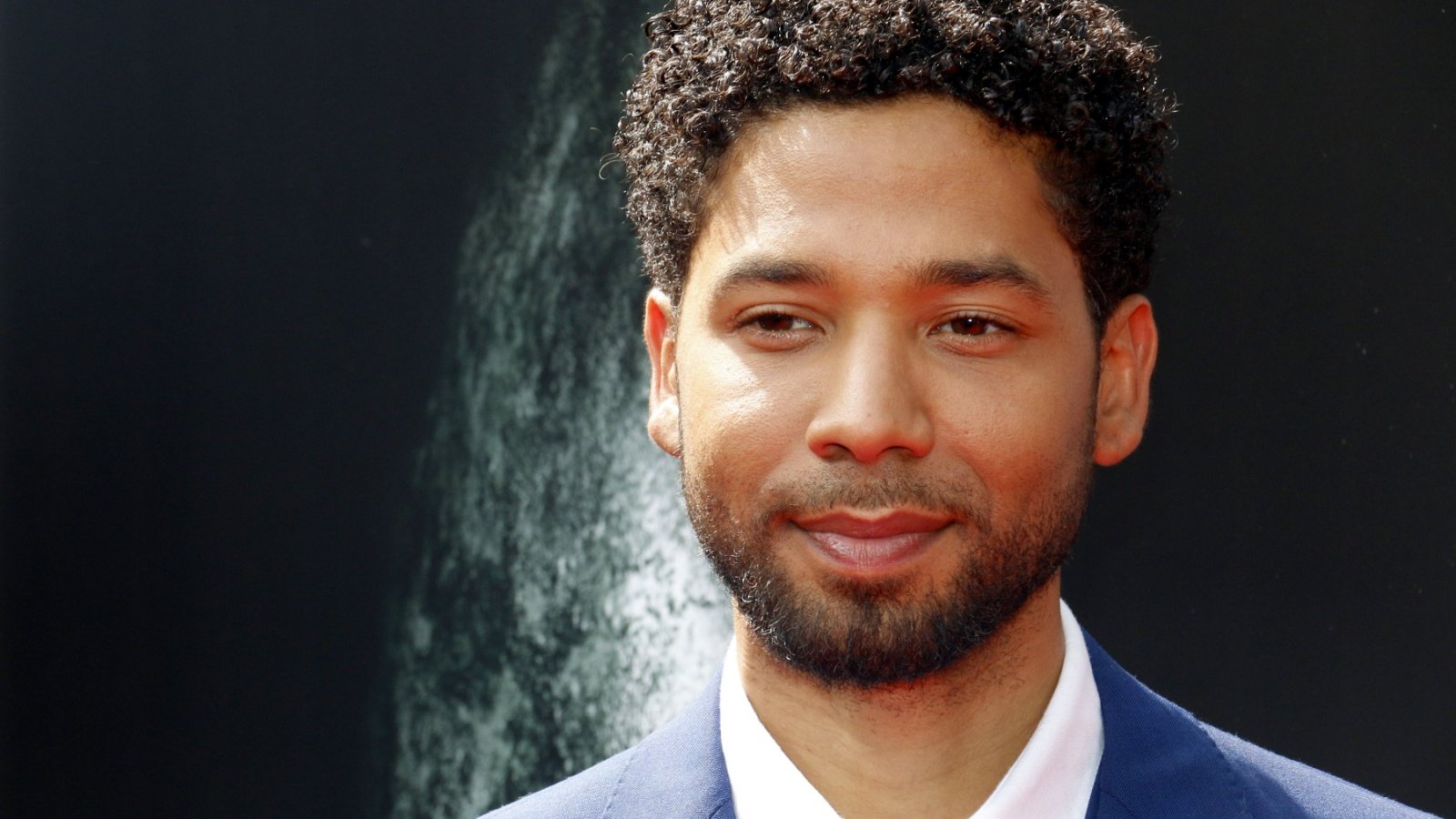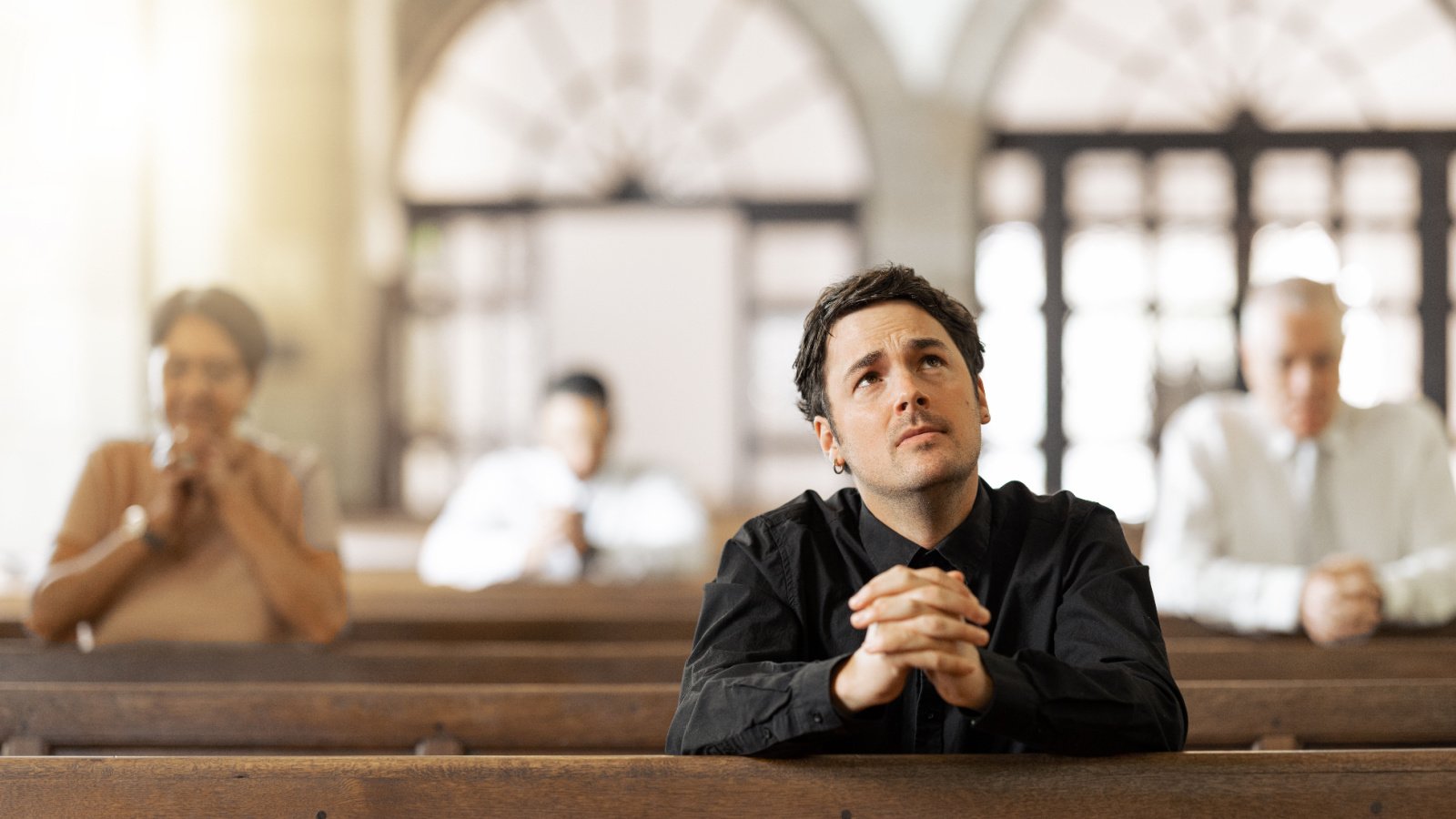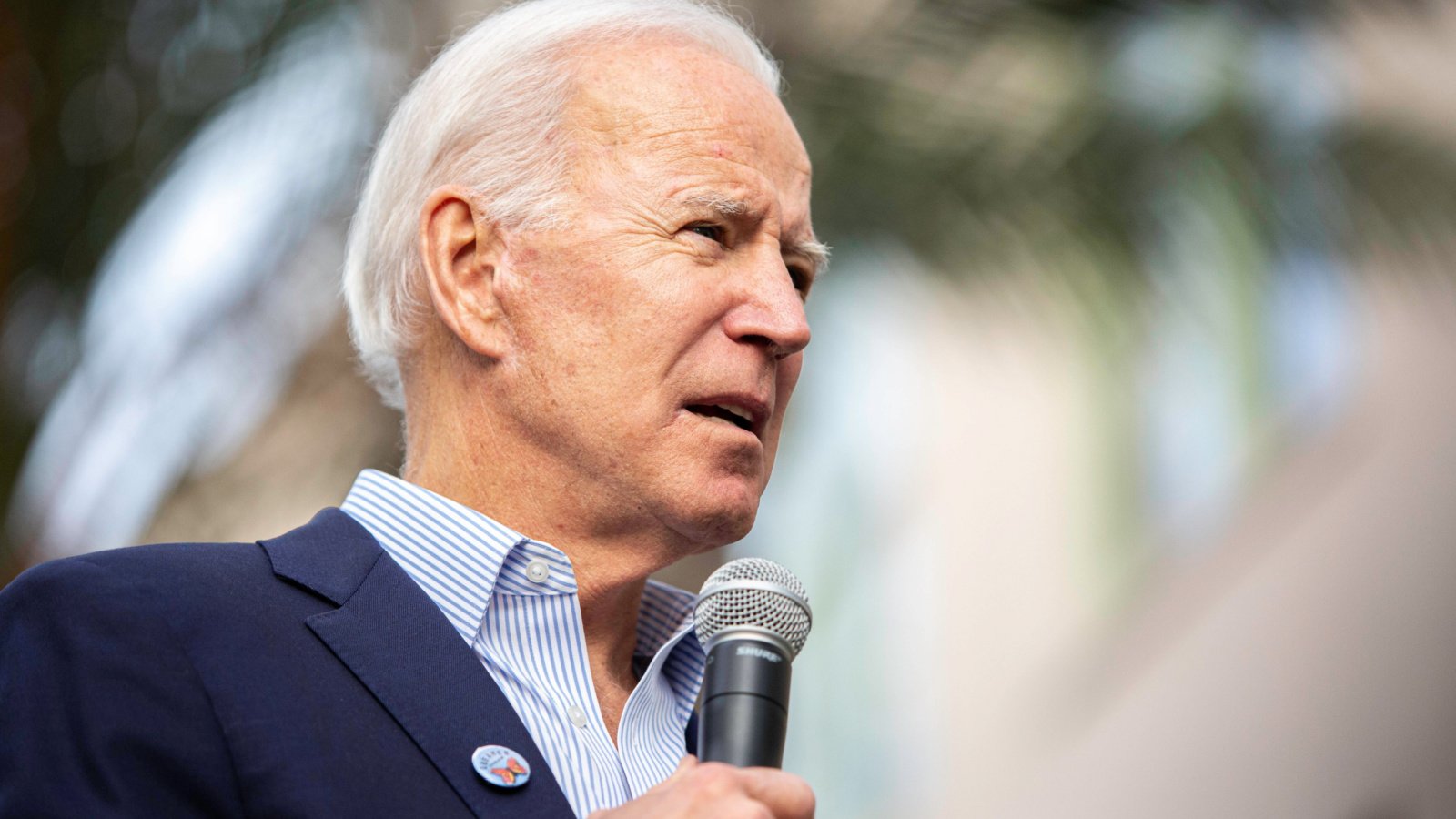The Illinois Supreme Court has announced it will consider the appeal of Jussie Smollett. The actor, known for his role in the television series “Empire,” faces disorderly conduct charges for falsely claiming he was the victim of a racist and homophobic attack in 2019, and for lying to Chicago police about the incident.
Background of the Case
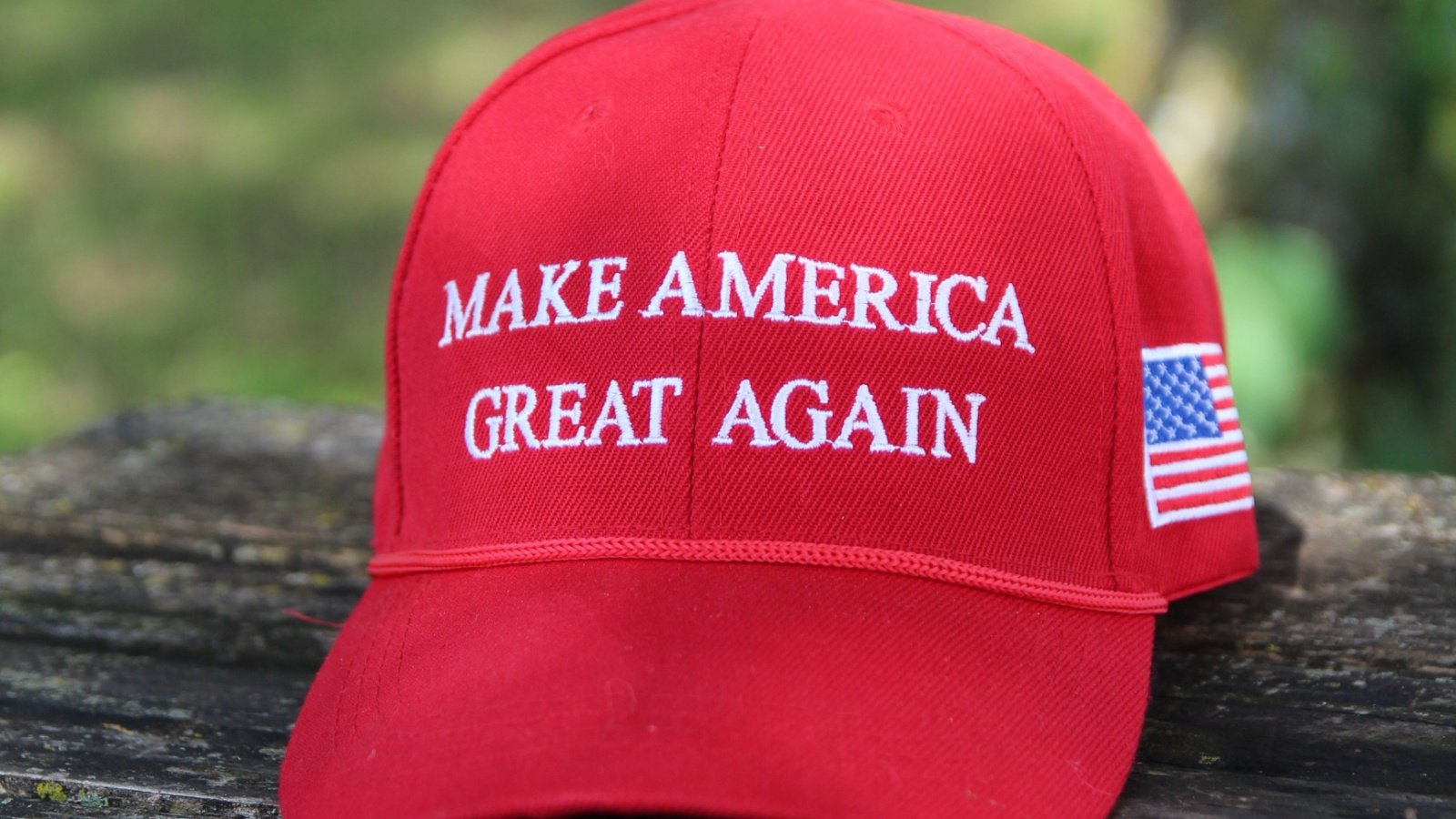
The appeal follows a tumultuous series of events that began when Smollett reported being assaulted by two men who allegedly directed racial and homophobic slurs at him, and even placed a noose around his neck, indicating a hate crime. The incident, Smollett suggested, was an attack by proponents of Donald Trump’s “Make America Great Again” slogan.
Trial Revelations and Conviction
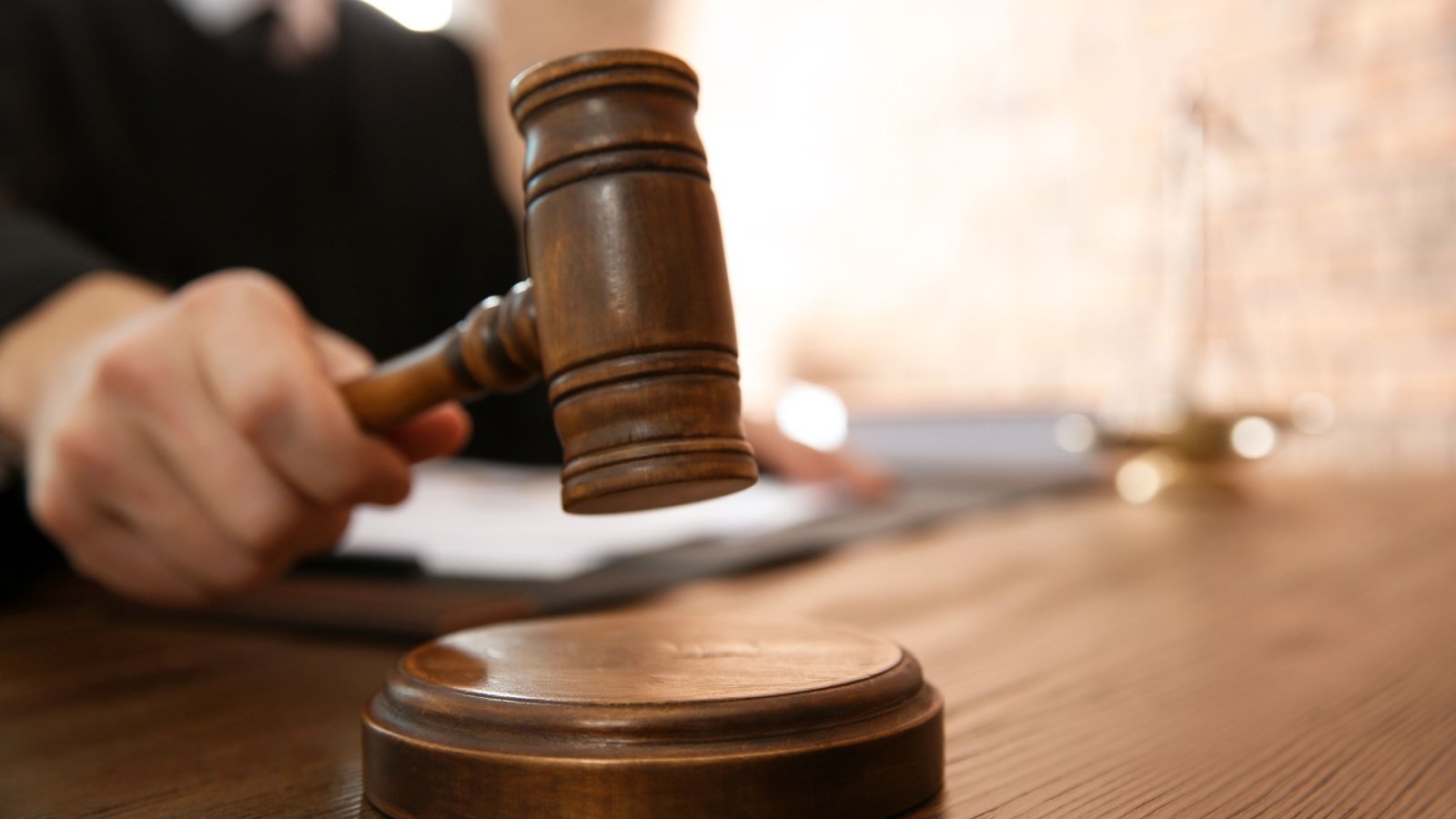
Investigations into Smollett’s claims led to a highly publicized trial, where it was revealed that Smollett had paid two men he knew from “Empire” $3,500 to stage the attack. Despite Smollett’s insistence on the stand that there was no hoax, the jury found him guilty of five counts of disorderly conduct.
The Sentence
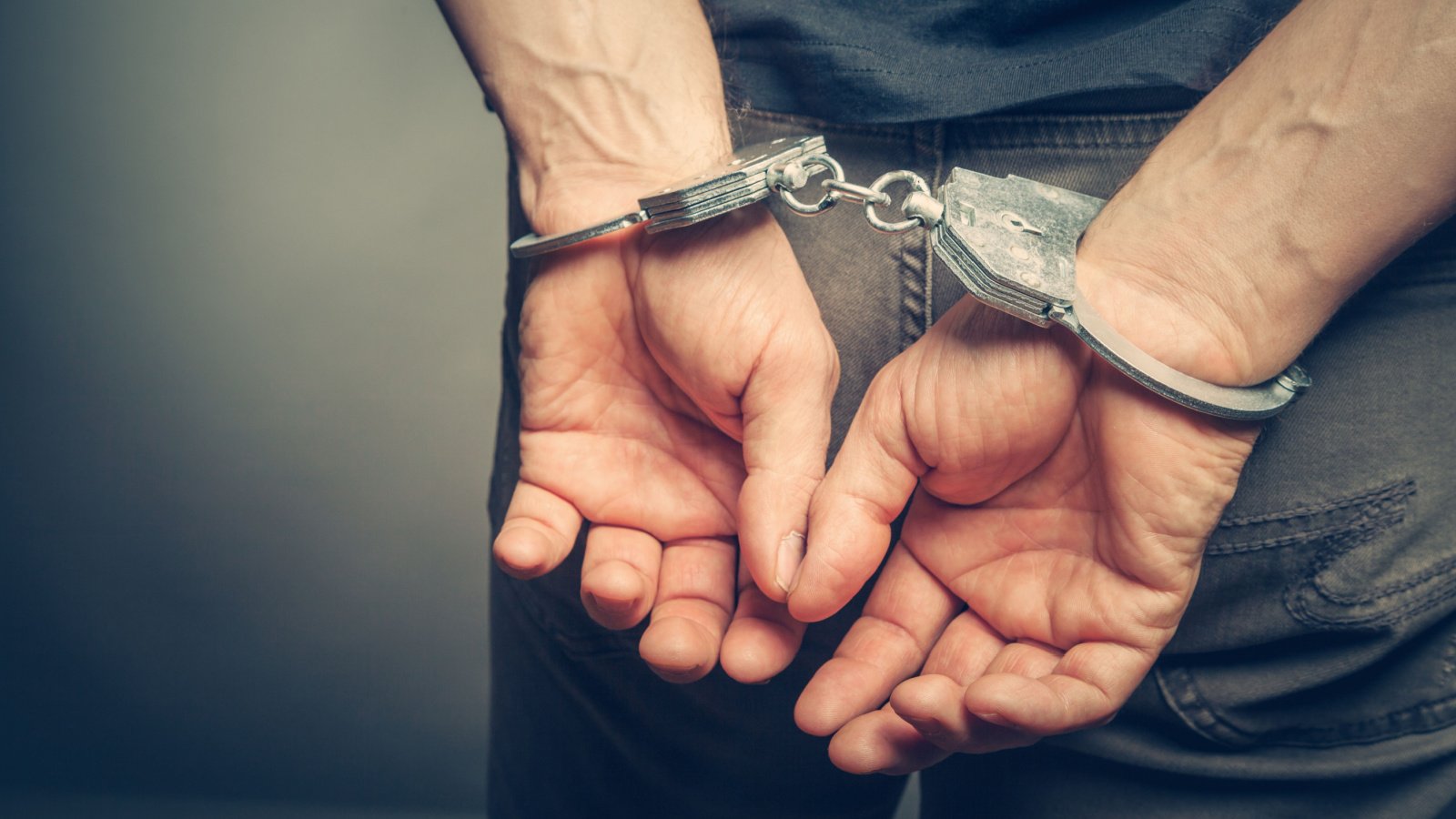
Following his conviction, Smollett was sentenced to 150 days in jail, which saw him serve six days before being released pending appeal. Additionally, he was placed on 30 months of probation and ordered to pay $130,160 in restitution.
The Appeal Process
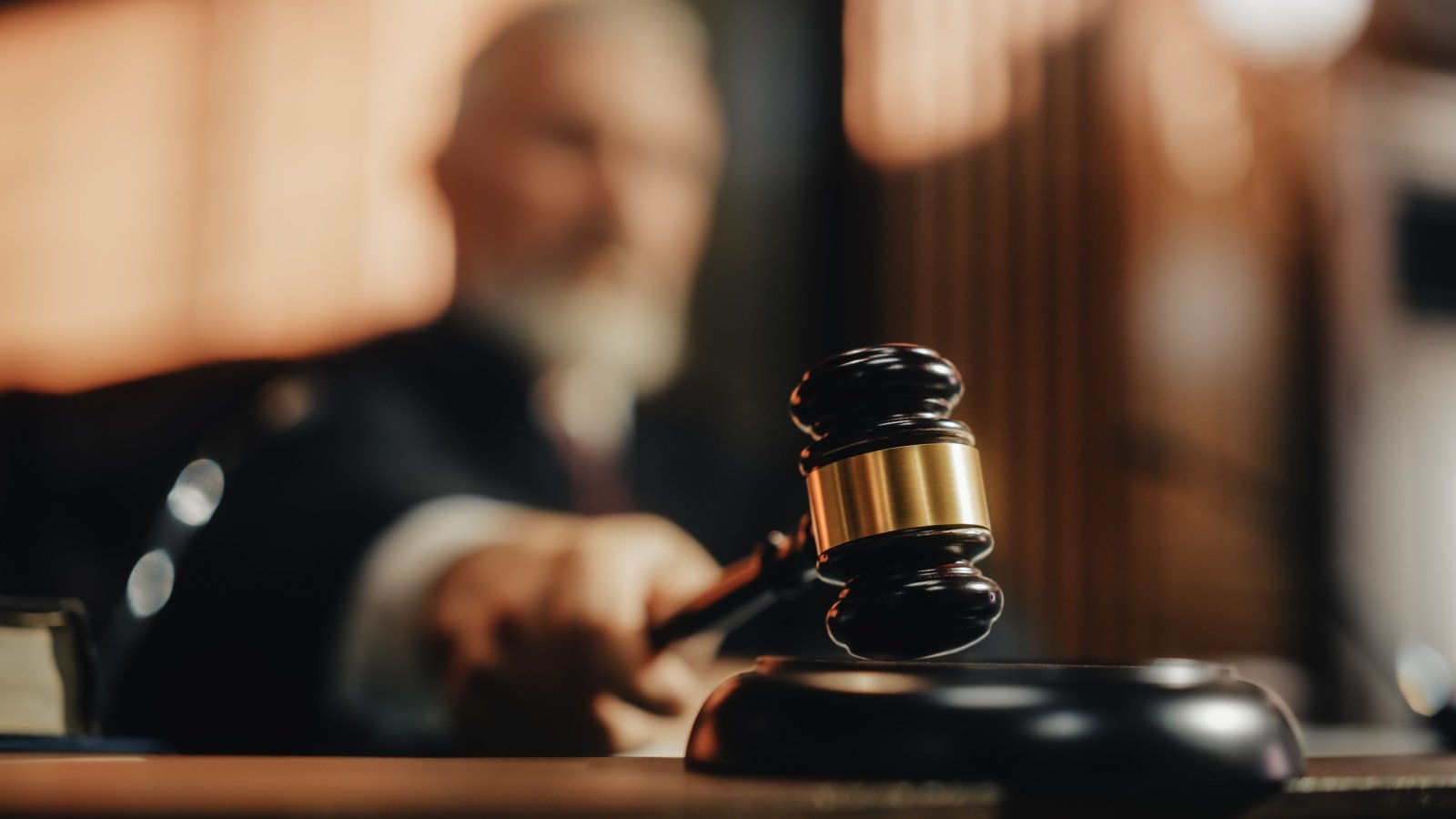
This case has now reached the Illinois Supreme Court after a December ruling by a state appellate court upheld Smollett’s conviction. The high court’s decision to hear the appeal marks the latest chapter in a legal saga that has captured international attention.
Initial Case Dismissal and Refiling
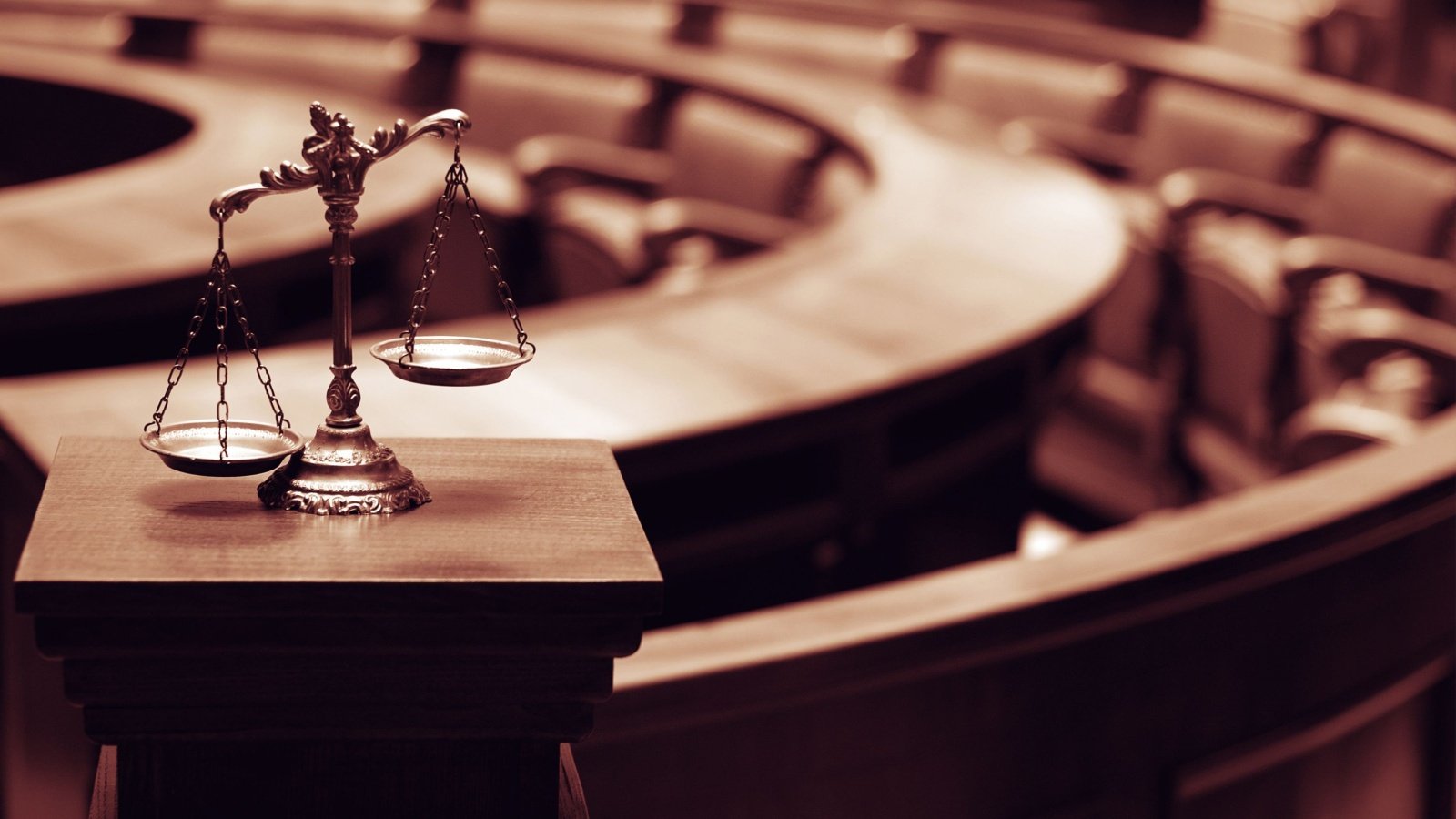
The appeal comes after a contentious decision by Cook County State’s Attorney Kim Foxx to initially drop the case against Smollett. This decision led Smollett to forfeit a $10,000 bond and perform community service. However, the case was reopened and charges were refiled by a special prosecutor, arguing that Smollett’s actions did not absolve him of future prosecution.
Judicial Opinions

The appellate court’s 2-1 decision to uphold the re-prosecution of Smollett was met with dissent. Justice Freddrenna Lyle specifically called the decision to refile charges “fundamentally unfair,” highlighting the controversy surrounding the legal proceedings.
Defense Arguments
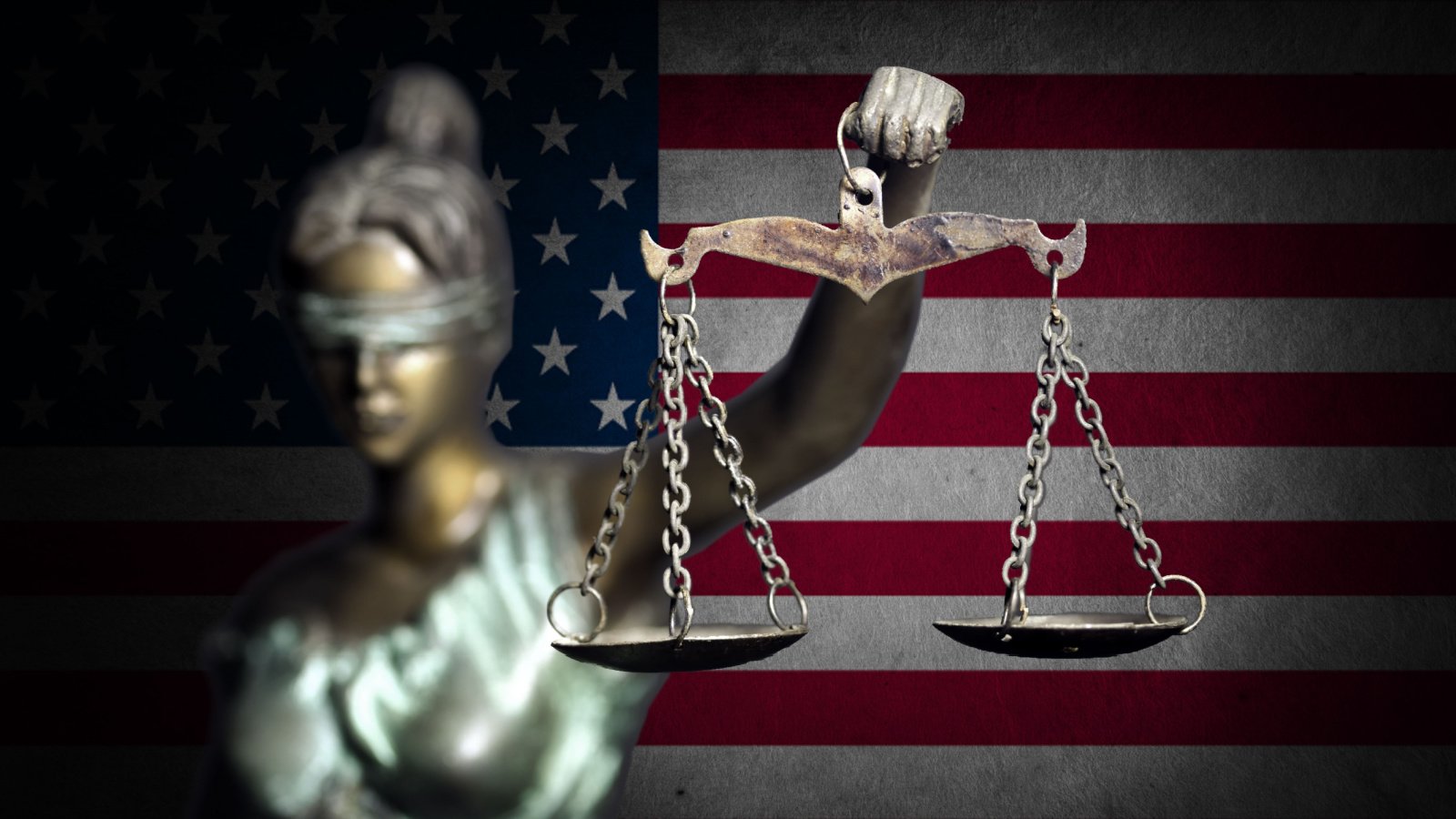
Smollett’s defense has consistently argued that the actor, who is Black and openly gay, has been unfairly targeted by a legal system marred by racism and political bias. They maintain that the charges and the subsequent trial have victimized Smollett further.
Global Attention
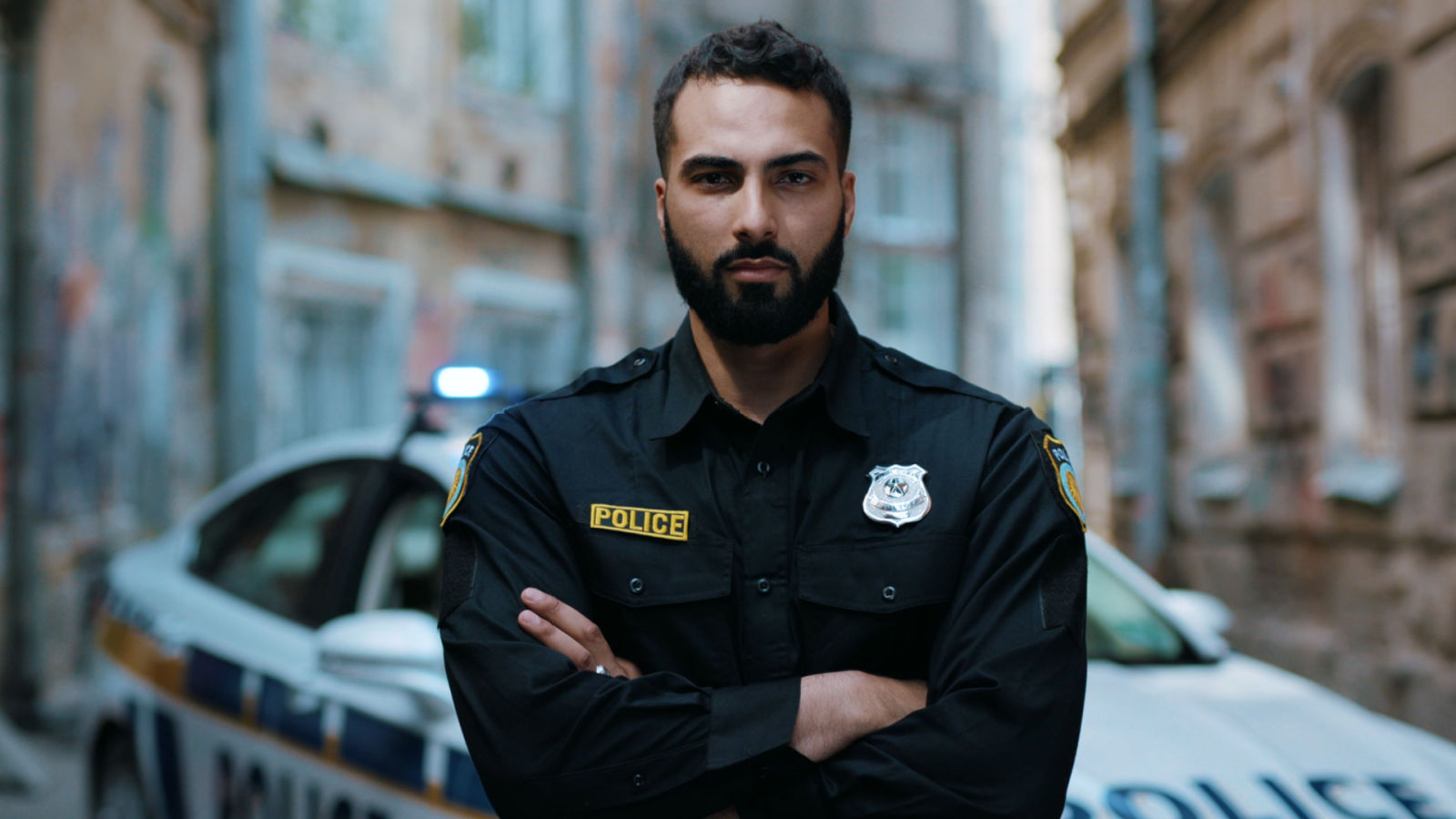
The case has not only led to an extensive manhunt by Chicago police but has also stirred an international uproar. It has opened discussions on hate crimes, racism, and the integrity of the judicial system in handling cases involving minority groups.
No Hearing Date Set
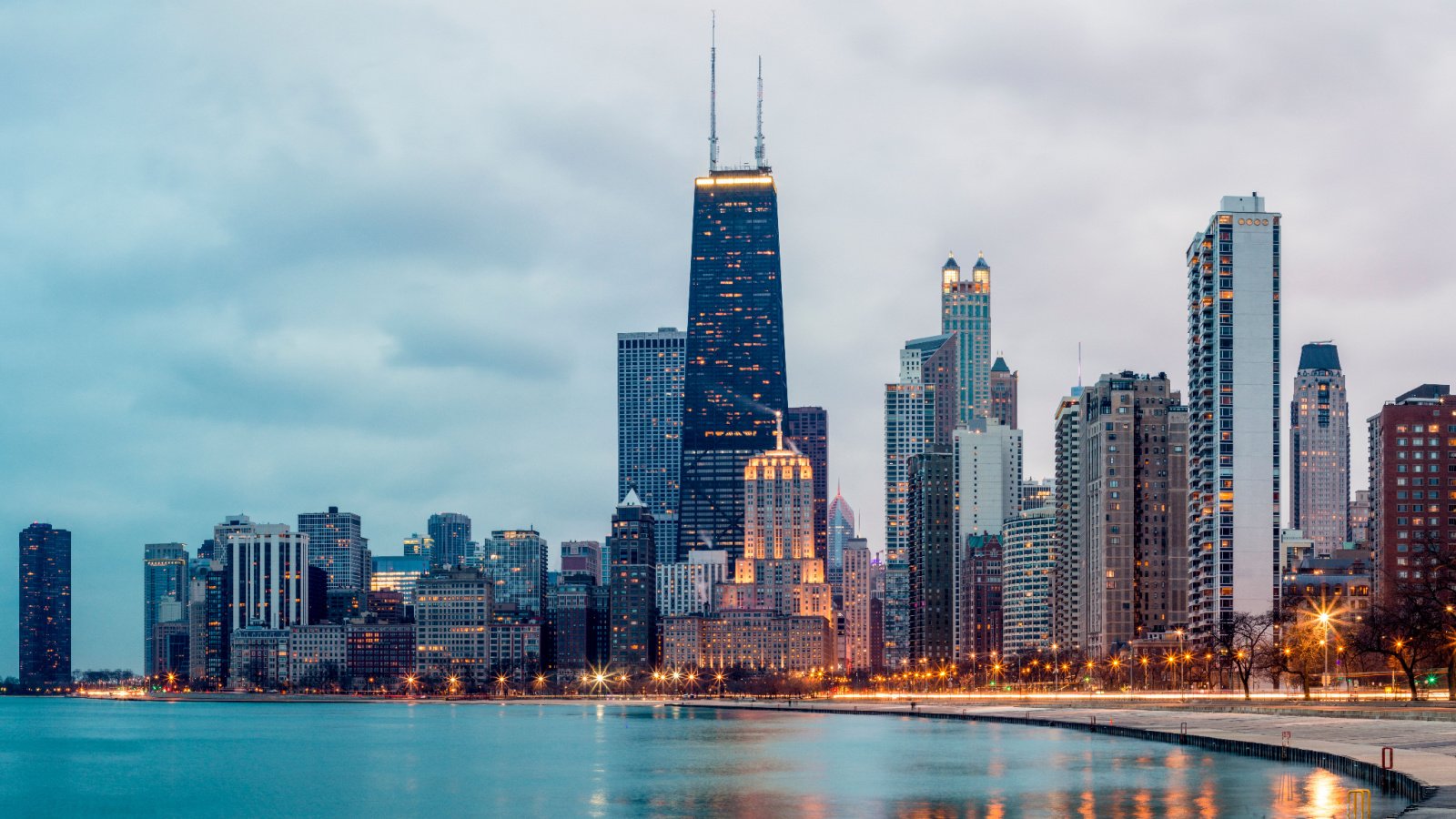
As of now, the Illinois Supreme Court has not scheduled a date for hearing arguments in Smollett’s appeal. The legal community and the public await further developments in this high-profile case.
Impact on Smollett’s Career
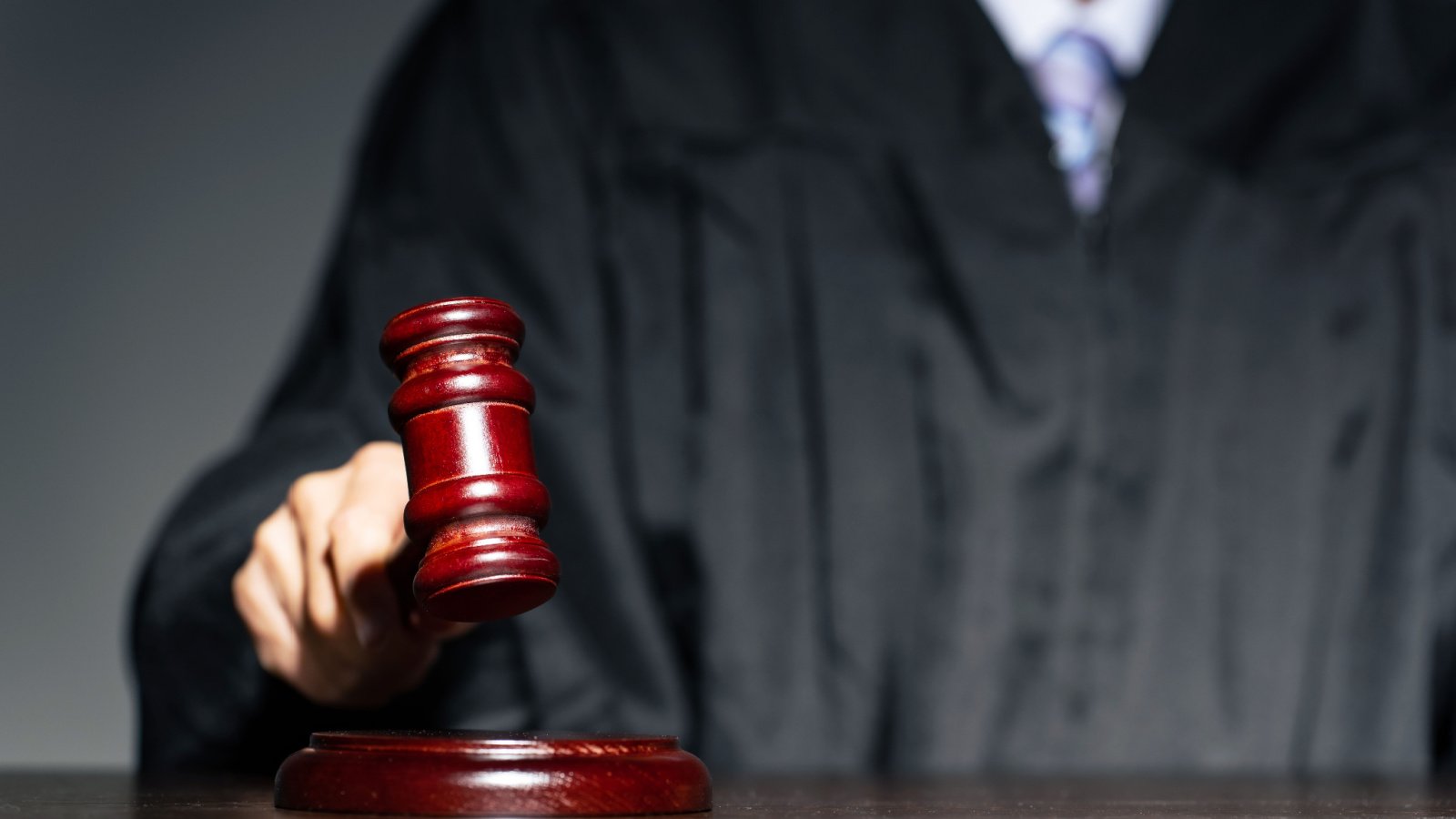
Jussie Smollett’s career has been significantly impacted by the allegations and subsequent trial. Once a rising star on the hit series “Empire,” Smollett has seen his professional endeavors overshadowed by the legal battles.
Societal Reactions

The case has elicited strong reactions from various quarters, including civil rights organizations and LGBTQ+ advocacy groups. Many see the case as emblematic of broader societal issues, such as the treatment of minorities and the use of hate crime laws.
Legal Implications
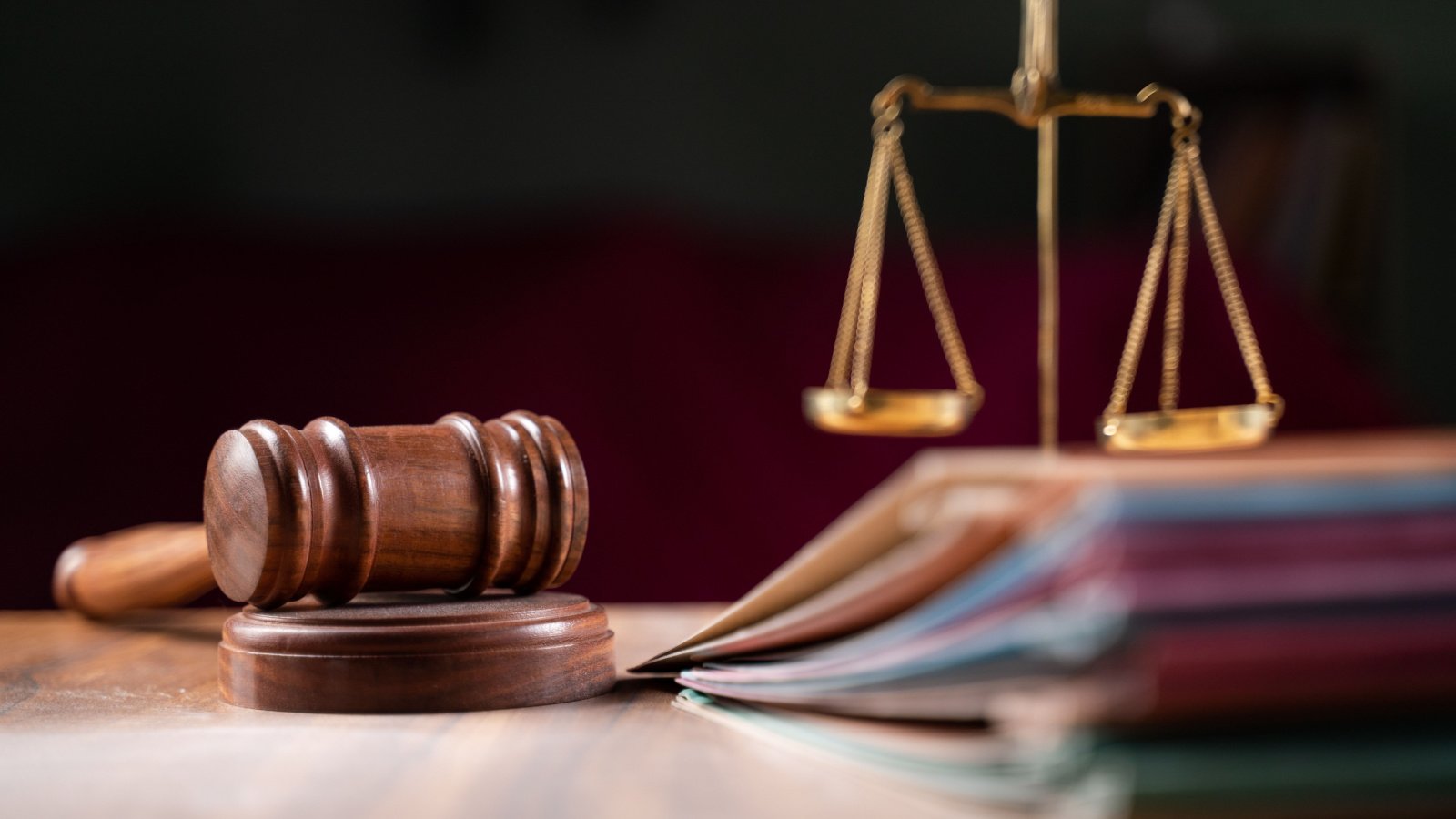
Legal experts are closely watching the appeal, as it could set precedents for how disorderly conduct and similar charges are prosecuted in the future, especially in cases involving alleged false reporting of hate crimes.
Conclusion

As the Illinois Supreme Court prepares to review Jussie Smollett’s appeal, the outcome could have far-reaching implications not only for Smollett but also for the legal system’s approach to similar cases. The decision will undoubtedly be a landmark moment in a case that has sparked widespread debate and introspection on issues of race, sexuality, and justice.



